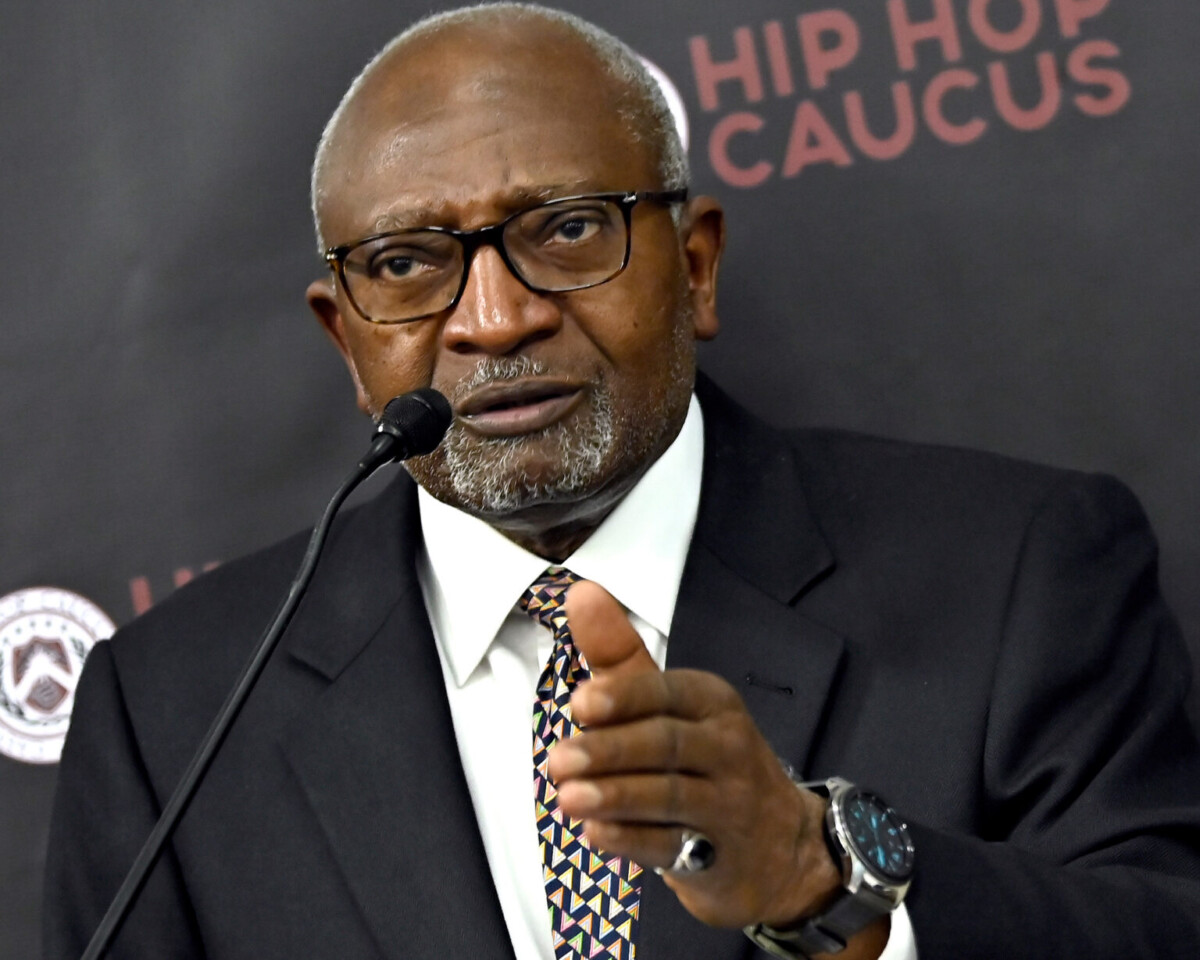Environmental justice scholar Dr. Robert D. Bullard is scheduled to give a lecture at the University of Utah S.J. Quinney College of Law January 31, 2019 (12:00pm – 1:30pm). The title of professor Bullard’s talk is Race, Place and the Politics of Pollution. The lecture is based on four decades of his research, writings, policy and civic engagement work that spans four decades—beginning in Houston in 1978 to the present.
Place matters. America is segregated and so is pollution. Historically, some Americans have the “wrong complexion for protection.” Vulnerability maps closely with race and poverty. However, race is a more potent than income in predicting the distribution of pollution and environmental degradation. Discriminatory policies and unequal power arrangements place marginalized communities at elevated risks, including environmental risks from waste and industrial facility siting, health threats from risky technologies, and increased vulnerability from natural and human-made disasters. Many dirty industries have followed the “path of least resistance” allowing communities of color to become environmental “sacrifice zones” and the “dumping grounds” for all kinds of health-threatening operations.
Many of the differences in environmental quality between people of color and white communities result from institutional racism. Institutional racism influences local land use, enforcement of environmental regulations, industrial facility siting, and where people of color live, work, and play. The roots of institutional racism are deep and have been difficult to eliminate. Discrimination is a manifestation of institutional racism and causes life to be very different for whites and people of color.
Racism continues to be a major part of the American sociopolitical system. Racism is found in the housing industry, educational institutions, employment arena, and judicial system. It has rendered millions of American citizens “invisible” to government regulations and to enforcement. Moreover, environmental racism combines with public policies and industry practices to provide benefits for whites while shifting costs to people of color. Environmental racism influences the likelihood of exposure to environmental and health risks as well as accessibility to health care. Many of the nation's environmental policies distribute the costs in a regressive pattern while providing disproportionate benefits for whites and individuals who fall at the upper end of the education and income scale. Numerous studies, including those of professor Bullard, reveal that people of color have borne greater health and environmental risk burdens than the society at large. EPA rollbacks and weakening regulations under the Trump Administration disproportionately affect people of color and poor communities.
Check out Dr. Bullard’s website to learn more about his environmental racism and environmental justice work. Information on his lecture is found here.
Meet Robert Bullard, father of environmental justice and Houston sociologist
Meet Robert Bullard, father of environmental justice and Houston sociologist





